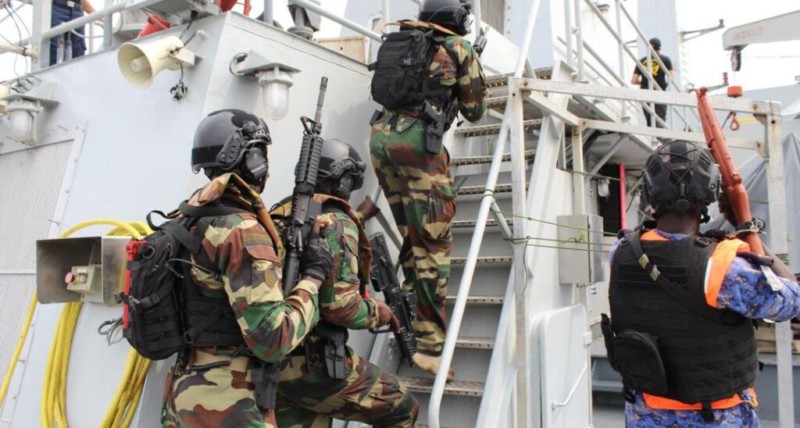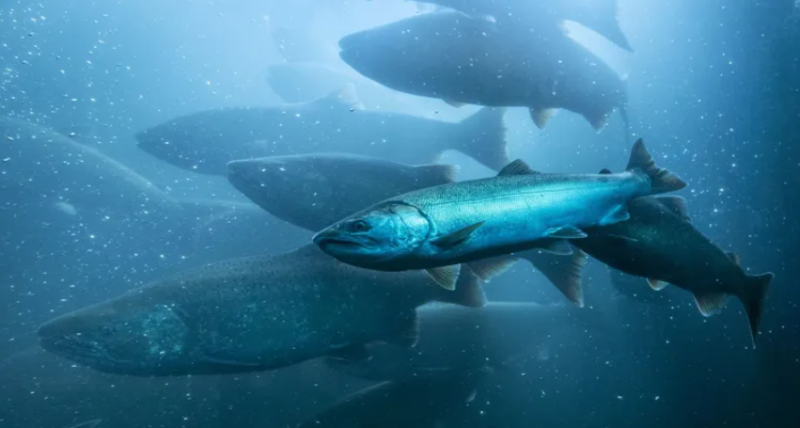On January 14, 2025, the Head of Government, Kamel Maddouri, chaired a restricted ministerial council at the Government Palace in the Kasbah, dedicated to examining the challenges and solutions for the development of the maritime fishing and aquaculture sector in Tunisia.
During the opening of the session, the Head of Government emphasized the importance of strengthening governance and the effectiveness of the involved structures to ensure the sustainability of maritime fishing, which is essential for both the economy and social well-being. The sector must also adapt to scientific and technological developments, while enhancing its resilience to climate change.
Kamel Maddouri stressed the need to improve port infrastructure, support small fishermen, and preserve marine resources for future generations. He reminded that Tunisia, with its extensive coastline and the richness of its lands, has the potential to achieve sustainable food security.
The government also addressed several issues affecting the sustainability of marine resources and the fight against illegal fishing, particularly fishing using illegal nets. These practices not only threaten the sustainability of fish stocks but also exports and foreign exchange revenues. Measures need to be implemented to strengthen regulations and ensure the sector’s longevity.
During the meeting, a detailed report on the current state of the sector was presented, highlighting challenges related to managing marine stocks, the need to strengthen legal protections for marine resources, and developing solutions for renewing port infrastructure.
Several key decisions were made, including:
- The finalization of the national plan to combat illegal fishing and the revision of legislative texts concerning the maritime fishing sector, particularly Law No. 13 of 1994.
- Strengthening coordination among the various sector actors to ensure better organization and more effective management of programs and interventions.
- Revising regulations related to tuna fishing and farming to ensure transparency and fairness.
- Promoting partnerships between the public and private sectors for the digitization of port services.
- Revising the sector’s tax system to encourage investment.
- Implementing solutions to ensure the compliance of companies handling port projects, particularly the fishing port in Mahdia.
- Digitizing the tracking of distribution circuits for fishery products and the distribution of fuel subsidies to fishermen.
Source: realites



